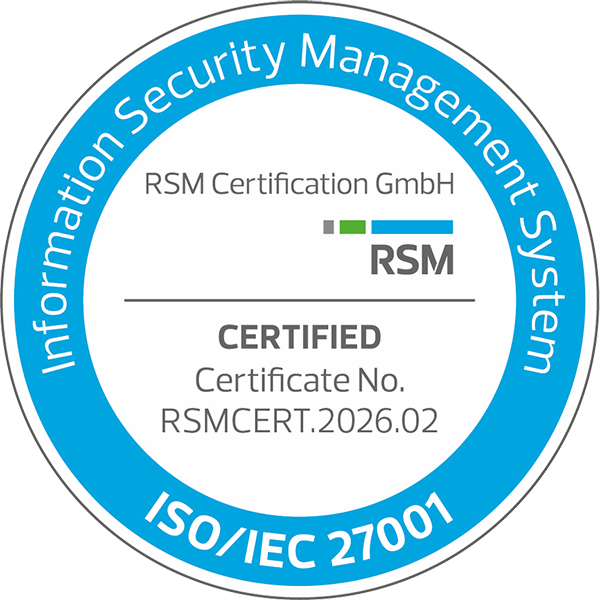It enables computers to understand, analyse and meaningfully process human language in text and speech form. NLP combines methods from linguistics, computer science and machine learning to make natural language interpretable by machine.
Text recognition: the first step towards information processing
Optical Character Recognition (OCR) is the process of recognising and digitising text from scanned documents, PDFs or images. This technology converts printed or handwritten content into machine-readable text. However, text recognition alone only delivers raw data. This is where Natural Language Processing comes into play.
How NLP is revolutionizing text recognition
NLP takes text recognition to a new level by analysing meaning and context:
- Analysing meaning and context: NLP recognises what the text is saying in terms of content, rather than just individual words.
- Classifying texts: Content is automatically assigned to thematic categories.
- Extracting entities: People, places, dates or organisations are identified and highlighted.
- Understands linguistic subtleties: Irony, synonyms or ambiguous terms are better interpreted.
Application examples in ECM systems
Enterprise content management (ECM) systems benefit enormously from NLP in text recognition. For example:
- Automated document classification: Incoming documents are automatically categorised based on their content.
- Intelligent search functions: Users find relevant information faster thanks to context-based search results.
- Compliance monitoring: Important legal provisions are recognised and highlighted in texts.
- Data extraction for workflows: Important information is extracted and fed into automated processes.
Advantages of NLP-supported text recognition
- Increased efficiency: Less manual work in document management.
- Greater accuracy: Fewer errors in text recognition and classification.
- Better data quality: Structured and contextualised data facilitates further processing.
- Faster information retrieval: Relevant content is precisely captured and made available.
Why is NLP indispensable for modern ECM solutions?
Imagine if your ECM system could not only read documents, but also understand them. This is exactly what Natural Language Processing makes possible. It turns simple text recognition into in-depth text analysis – a crucial step for companies that want to automate and optimise their information processing.
NLP for text recognition opens up new possibilities for companies to process unstructured data efficiently. In modern ECM systems, it improves document management, increases the accuracy of data extraction and enables context-based search functions. In short: NLP turns pure text recognition into real knowledge gain – a key technology for digital transformation.


